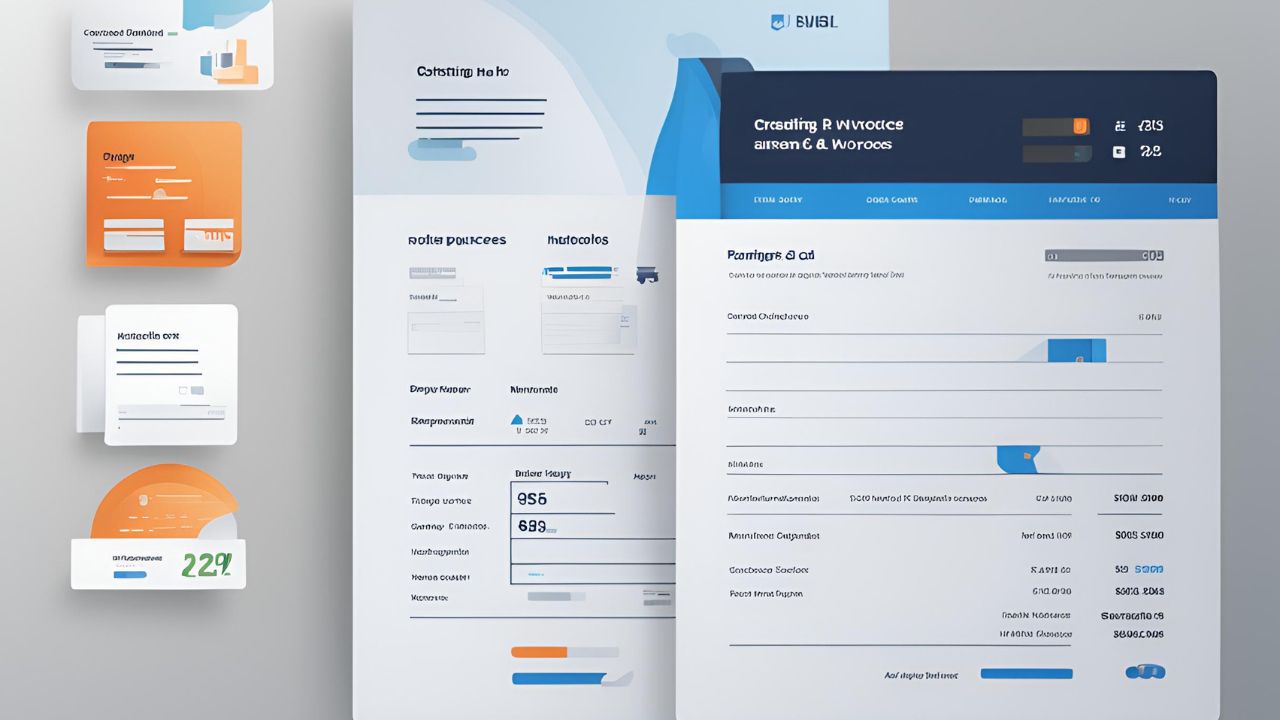
Planning for retirement early is one of the smartest financial moves you can make. By starting early, you can take advantage of compound interest, make more informed investment decisions, and secure a comfortable retirement. This article will outline seven essential steps to plan for retirement early, specifically tailored for an American audience.
How to Plan for Retirement Early
1. Start Saving Early
The Power of Compound Interest
One of the most compelling reasons to start saving early is the power of compound interest. Compound interest allows your money to grow exponentially over time, as you earn interest on both your initial investment and the interest that accumulates.
Setting Up a Savings Plan
- Open a Retirement Account: Consider options like a 401(k) or an IRA.
- Automate Contributions: Set up automatic transfers to ensure consistent contributions.
- Increase Contributions Over Time: As your income grows, increase your contribution amount.
2. Understand Your Retirement Needs
Estimating Retirement Expenses
To effectively plan for retirement, you need to estimate your future expenses. Consider factors such as:
- Housing: Will you own your home outright, or will you have a mortgage?
- Healthcare: Include potential medical expenses and insurance costs.
- Lifestyle: Consider travel, hobbies, and other activities.
Setting Retirement Goals
Define your retirement goals, such as the age at which you want to retire and the lifestyle you wish to maintain. This will help you determine how much you need to save.
3. Maximize Employer-Sponsored Retirement Plans
401(k) Plans
If your employer offers a 401(k) plan, take full advantage of it. Contributions are made pre-tax, reducing your taxable income, and many employers offer matching contributions.
Employer Match
Contribute at least enough to receive the full employer match. This is essentially free money that can significantly boost your retirement savings.
4. Diversify Your Investments
Asset Allocation
Diversify your investments to balance risk and reward. A mix of stocks, bonds, and other assets can help protect your portfolio from market volatility.
Investment Options
- Stocks: Higher potential returns but more volatile.
- Bonds: Lower risk with steady returns.
- Real Estate: Can provide income and capital appreciation.
Rebalancing Your Portfolio
Regularly review and rebalance your portfolio to ensure it aligns with your risk tolerance and retirement goals.
5. Minimize Debt
Paying Off High-Interest Debt
Focus on paying off high-interest debt, such as credit card balances and personal loans. High-interest debt can significantly hinder your ability to save for retirement.
Managing Other Debts
- Mortgage: Consider refinancing to lower interest rates.
- Student Loans: Explore repayment options and consider extra payments to reduce principal faster.
6. Plan for Healthcare Costs
Health Savings Account (HSA)
An HSA is a tax-advantaged account specifically for healthcare expenses. Contributions are tax-deductible, and withdrawals for qualified medical expenses are tax-free.
Long-Term Care Insurance
Consider purchasing long-term care insurance to cover potential expenses for extended medical care, which can be substantial in retirement.
7. Continuously Educate Yourself
Financial Literacy
Improving your financial literacy is crucial for making informed decisions. Read books, take courses, and stay updated on financial news.
Seeking Professional Advice
Consider working with a financial advisor to create a personalized retirement plan. A professional can provide valuable insights and help you stay on track.
Conclusion
Planning for retirement early is an ongoing process that requires discipline, education, and strategic decision-making. By following these seven essential steps—starting with saving early, understanding your retirement needs, maximizing employer-sponsored plans, diversifying investments, minimizing debt, planning for healthcare costs, and continuously educating yourself—you can secure a comfortable and financially stable retirement. Start today to take control of your future and enjoy the benefits of early retirement planning.
Learn more:






